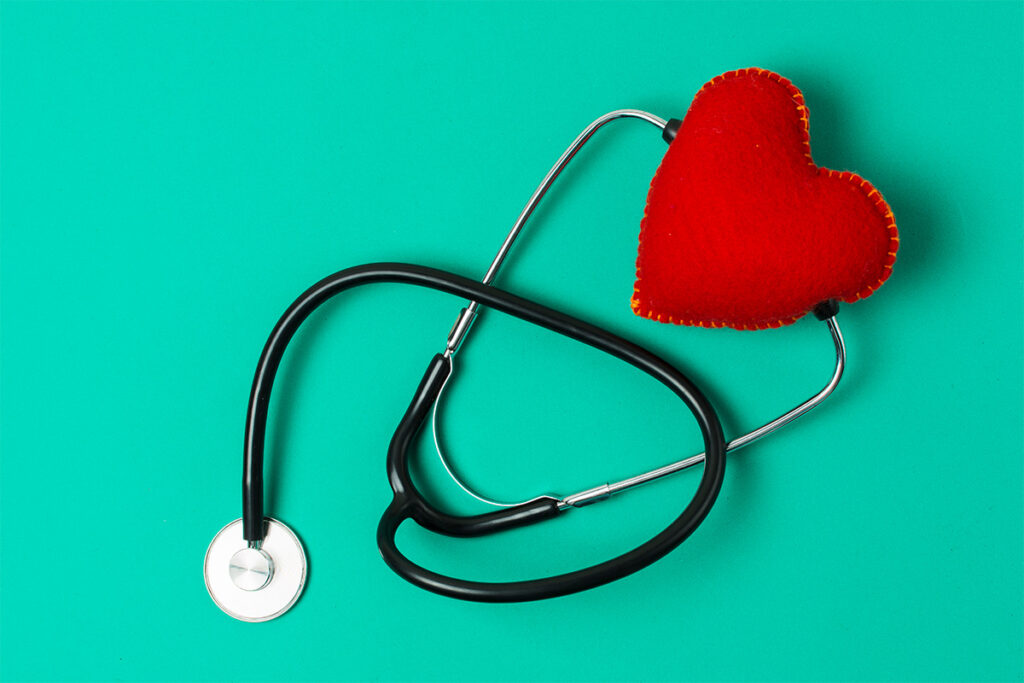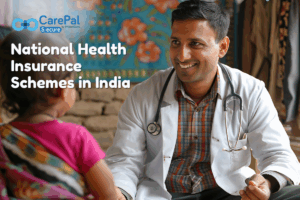Critical Illness Coverage vs. Term
Life Insurance. Which One Should
You Prioritize

Critical Illness Coverage vs. Term Life Insurance: Which One Should You Prioritize?
With lifestyle diseases on the rise and financial wellbeing as the top priority today, it’s no longer easy to select the right insurance. Some of the most talked about are critical illness insurance and term insurance. They serve different needs, but raise the question of which one you should invest in more. Here’s a breakdown to help you make an informed decision.
Understanding the Basic difference between Term Insurance and Critical Illness Insurance
Let’s start with the basics. The first step is determining what risks these two types of insurance cover.
Term Insurance is a pure risk life insurance coverage which gives the sum assured of the policy as a onetime lump sum benefit to the nominees in the event of death of the life insured during the policy tenure. It guarantees that your family’s financial needs, including unpaid debts, extra expenses, and impending responsibilities like the future education of the children, are secured even when you are not there.
Critical Illness Insurance will dispense a lump sum if you are diagnosed with a serious illness such as cancer, heart attack or kidney failure. This payout may also cover medical expenses, replace income, or even be used for lifestyle changes during recovery.
Why You Should Consider Buying Term Insurance First
- Protection to Dependents: Term insurance is one of the first steps for financial planning. For example, if you are the sole income provider, your sudden death can put your family in a financial crisis. Term insurance can prevent your dependents from being burdened with the liabilities like home loans, personal loans, or credit card debts.
- Affordable and Extensive Cover: Premiums for term insurance are quite low in comparison to the amount of coverage it provides. A 30-year-old non-smoker, for example, can buy a ₹1 crore cover for only ₹10,000 a year. Therefore, it is beginner friendly for young earners.
- When you have Riders flexibility: Most of the term insurance plans offer the addition of riders such as the waiver of premium, critical illness cover or accidental death benefit That way, you can build your own policy and add critical illness coverage, no need to purchase a standalone plan.
Why You Should Buy Critical Illness Insurance
- The Increasing Cost of Healthcare: Treating critical illnesses can wipe out your savings, owing to high medical inflation. Critical illness policy pays the assured sum on diagnosis of any listed critical illness. You get the financial support you need to get the best treatment without having to jeopardise your family’s financial security.
- Income Replacement: A major sickness usually results in loss of income because of an extensive treatment and recovery period. This insurance will pay out to replace your income temporarily, so that you can continue to meet your daily expenses and maintain your standard of living.
- Coverage for expenses not covered in health insurance: Unlike regular health coverage, which has hospitalisation coverage, critical illness insurance provides a lump amount that can be used for non-medical purposes such as home care, rehabilitation, or paying off liabilities.
Key Factors to Consider
- Age and Health Status: Young, healthy individuals should like prioritize term insurance. But if you have a family history of serious illnesses or have a high-stress job, adding either a critical illness rider or a standalone policy to your life insurance policy is advisable.
- Financial Responsibility: Execute on your financial commitments. If you have dependents and lots of liabilities, term insurance is a must. But, if you have plenty of savings and no dependents, critical illness insurance takes priority.
- Budget Restrictions: Though term insurance is economic, adding a critical illness rider or purchasing a standalone policy raises the premium. Assess what your budget can afford and select the plan that provides the best coverage for the lowest price.
The Ideal Approach
For most people, if you have dependents and financial liabilities, term insurance should be the first purchase. It ensures a safety net for your family when you are gone. After getting a term plan, one can add a critical illness rider or buy a separate critical illness policy. This two-pronged strategy provides full coverage to fend off the unexpected events of life and the financial devastation that comes from a health challenge.
When deciding between critical illness insurance and term insurance, your age, health status, financial dependents, and budget should drive your decision. Term insurance is important for securing your family’s future, while critical illness insurance protects your health and finances in times of a medical emergency. So opt for term insurance first and add on critical illness coverage to form a strong financial buffer.
Insurance is not a one-size-fits all, so do check Work with a financial advisor to customize one that addresses your personal circumstances and objectives. After all, the best insurance is peace of mind and your health and your loved ones.
Frequently Asked Questions
Good digestion ensures proper nutrient absorption, strengthens immunity, and boosts energy levels. It also prevents complications like weight gain, hormonal imbalances, and chronic diseases.
Consider the insurer’s financial stability, claims process, coverage terms, and inclusion of services like teleconsultation and diagnostic tests. These factors ensure smooth access to care and timely claim settlements.
Poor digestion can cause nutrient deficiencies, weakening the immune system and leading to fatigue. It’s also linked to weight gain, diabetes, and mental health issues.
Adopt a balanced diet rich in fiber and fermented foods, quit smoking, avoid alcohol, exercise regularly, and manage stress to support healthy digestion.
It offers comprehensive benefits, including hospitalization, diagnostic tests, and teleconsultation, with a reduced waiting period for pre-existing conditions and cashless treatments.
Hi, my name is Om, and I am a developer at Carepal Secure. With a strong passion for technology and innovation, I enjoy creating effective solutions and learning new skills to enhance my expertise. My journey in development has been both challenging and rewarding, allowing me to grow professionally while contributing meaningfully to the projects I work on.












